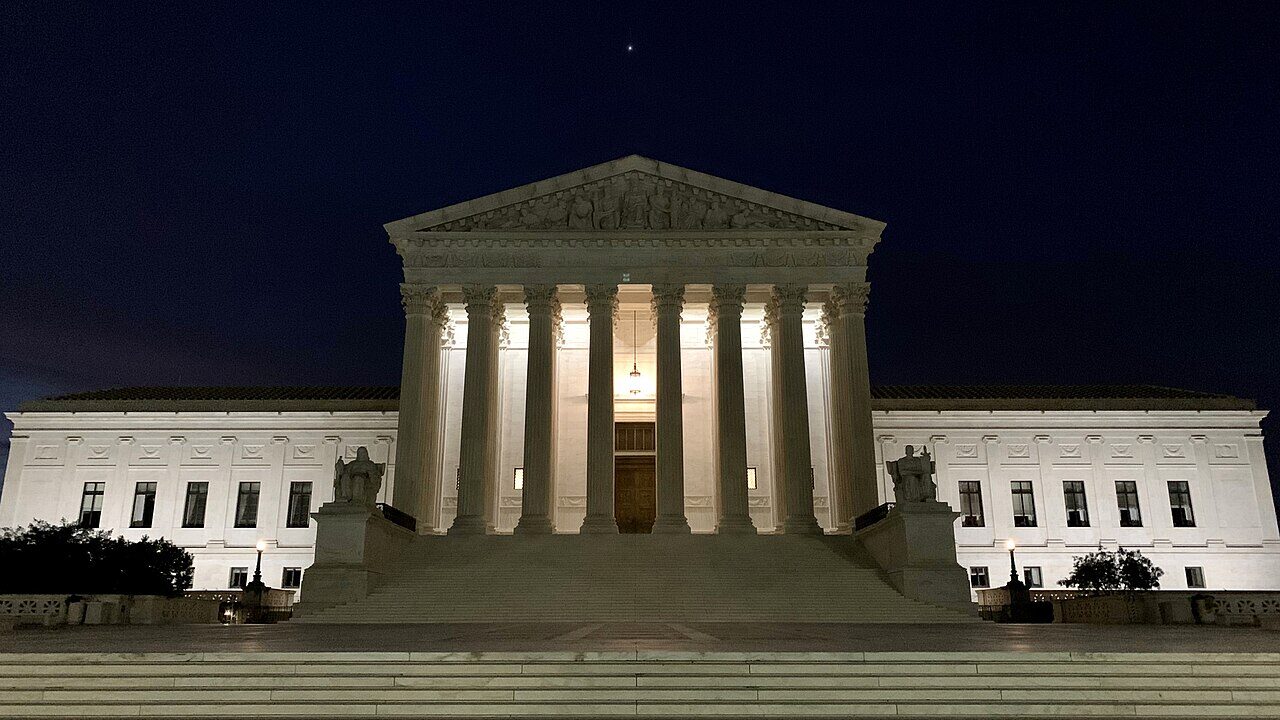Judge Decides Dem Wins NC Court Race Despite Ballot Questions
A federal district judge in north Carolina has ordered the State Board of Elections to certify the election of Democrat Justice Allison Riggs as the winner of the state Supreme Court race, despite concerns over tens of thousands of questionable ballots. U.S.chief District Judge Richard Myers determined that retroactively invalidating these ballots would violate voters’ rights. Riggs maintained a 734-vote lead after many ballots were counted post-Election Day, including those from overseas voters.The ruling has raised concerns about election integrity, as the Republican challenger, Judge Jefferson Griffin, contested over 65,000 ballots due to identity document issues. Myers noted that the case primarily revolves around whether altering election rules after voting constitutes a violation of the federal Constitution. Griffin has one week to appeal before the decision takes effect. The ruling highlights ongoing debates about voting procedures and the interpretation of voter ID laws in North Carolina.
A federal district judge in North Carolina has ordered that the State Board of Elections (NCSBE) certify the election of Democrat incumbent state Supreme Court Justice Allison Riggs, despite tens of thousands of questionable ballots being counted.
The race is the last one in the country left undecided after the November 2024 election.
U.S. Chief District Judge Richard Myers, an appointee of President Donald Trump, decided in a late Monday night decision that the Democrat-run NCSBE needed to allow Riggs the win, and threw out a state Supreme Court decision that would have thrown out between 1,675 and 5,700 ballots, according to the Carolina Journal, and put in place a “cure” process due in large part to insufficient identity documents provided upon voter registration. Overseas ballots sent without identification would also be allowed to be “cured.”
Roughly 267 ballots from voters who have never resided would have also been thrown out, but Myers preserved those, too.
Myers’ decision maintains Riggs’ current 734-vote lead that was achieved in the nine days after Election Day, as about 10,000 votes trickled in from overseas or were approved provisional ballots.
“IT IS ORDERED, ADJUDGED AND DECREED that the 1. Retroactive invalidation of absentee ballots cast by overseas military and civilian voters violates those voters’ substantive due process rights; 2. The cure process violates the equal protection rights of overseas military and civilian voters; and 3. The lack of any notice or opportunity for eligible voters to contest their mistaken designation as Never Residents violates procedural due process and represents an unconstitutional burden on the right to vote,” Myers decided.
Myers allowed the Republican candidate, state Appeals Judge Jefferson Griffin, one week to appeal the decision before it goes into effect.
Myers also addressed concerns about a federal court being brought in to resolve state issues, and said the issue rests on the idea that a state cannot change the rules of an election afterward and retroactively invalidate ballots. But that does not address concerns from election integrity advocates who say there is no way of knowing if the thousands of voters are actually eligible to vote.
“[T]he court wishes to make clear that this case is not about the prerogative of North Carolina courts to interpret North Carolina law. Without question, those courts ‘are the principal expositors of state law,’” he said. “This case is also not about North Carolina’s primacy to establish rules for future state elections; it may do so. Rather, this case concerns whether the federal Constitution permits a state to alter the rules of an election after the fact and apply those changes retroactively to only a select group of voters, and in so doing treat those voters differently than other similarly situated individuals.”
Griffin challenged over 65,000 ballots for lacking identification documents upon registration, as required by state law, but the lion’s share of those ballots would have been counted under the state high court’s process.
Despite admitting that the NCSBE’s “inattention and failure to dutifully conform its conduct to the law’s requirements is deeply troubling,” the state Supreme Court also said, “Because the responsibility for the technical defects in the voters’ registration rests with the Board and not the voters, the wholesale voiding of ballots cast by individuals who subsequently proved their identity to the Board by complying with the voter identification law would undermine the principle that ‘this is a government of the people, in which the will of the people — the majority — legally expressed, must govern.’”
However, the decision appears to side-step the fact that North Carolina’s voter ID law upon casting a ballot is notoriously weak.
" Conservative News Daily does not always share or support the views and opinions expressed here; they are just those of the writer."




